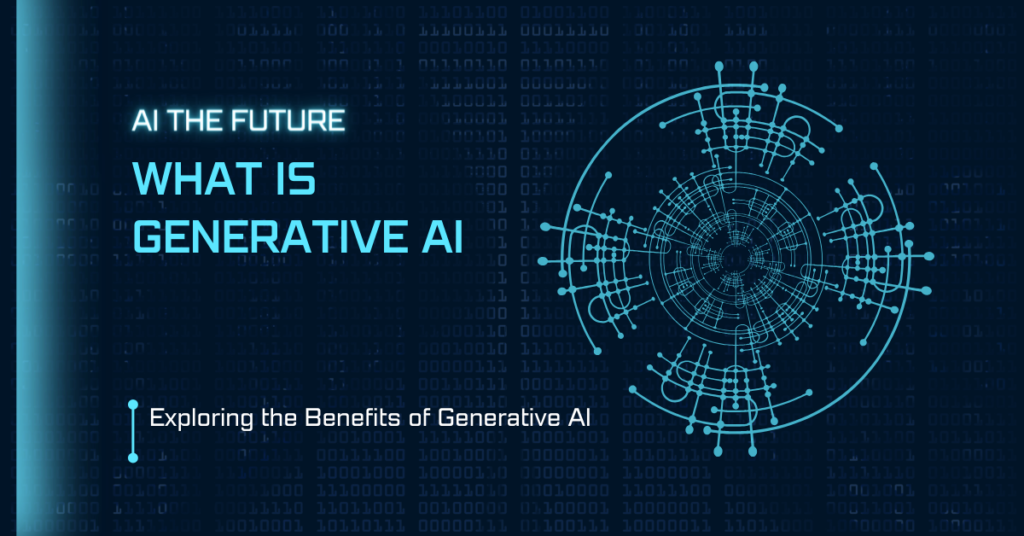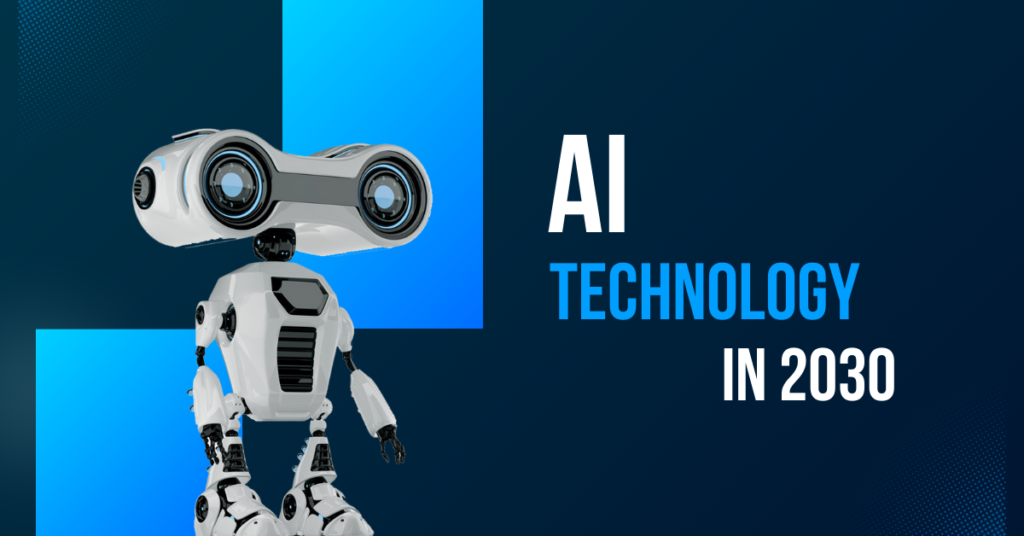Artificial intelligence (AI) is reshaping various domains, significantly impacting science and healthcare. From enhancing medical diagnostics to revolutionizing drug discovery and patient care, AI’s integration promises a future where medical and scientific challenges are addressed more efficiently and effectively. This article explores the comprehensive role of AI in science and healthcare, highlighting its transformative power and potential.
The Rise of AI in Science and Healthcare
AI’s journey in science and healthcare began with simple data analysis tools and has now evolved into sophisticated systems capable of performing complex tasks. Key milestones include the development of deep learning algorithms and the increasing computational power that supports AI’s growth. Current trends show AI being used extensively for personalized medicine, predictive analytics, and automated processes in both scientific research and healthcare delivery.
Understanding AI Technologies
At the heart of AI advancements are technologies like machine learning, deep learning, and neural networks. Machine learning allows systems to learn from data and improve over time without explicit programming. Deep learning, a subset of machine learning, utilizes neural networks with many layers (hence “deep”) to analyze various levels of data, mimicking the human brain’s complexity. These technologies enable AI to perform tasks that require understanding, interpretation, and decision-making.
AI in Medical Diagnostics
AI significantly enhances medical diagnostics by providing more accurate and faster results. In imaging and radiology, AI algorithms can analyze X-rays, MRIs, and CT scans, identifying anomalies that may be missed by human eyes. In pathology, AI assists in analyzing tissue samples, helping in the early detection of diseases like cancer. AI-driven diagnostic tools are also improving the detection rates of conditions such as diabetic retinopathy and cardiovascular diseases.
AI in Drug Discovery
Drug discovery is a complex and time-consuming process that AI is transforming by speeding up research and personalizing medicine. AI algorithms can sift through vast datasets to identify potential drug candidates, predict their effectiveness, and optimize their development. Personalized medicine benefits as AI tailors treatments to individual genetic profiles, improving efficacy and reducing side effects. Several case studies highlight AI’s role in discovering new treatments for diseases such as ALS and COVID-19.
AI in Patient Care
AI’s impact on patient care is profound, with virtual health assistants providing round-the-clock support and remote monitoring systems enabling continuous health tracking. AI-driven personalized treatment plans ensure patients receive the most appropriate care based on their medical history and current health status. These innovations enhance patient engagement and adherence to treatment protocols, ultimately improving health outcomes.
AI in Genomics
AI plays a pivotal role in genomics by facilitating genomic sequencing and predictive analysis. AI algorithms analyze genetic data to identify mutations and predict disease susceptibility, paving the way for preventative healthcare measures. However, this area also raises ethical considerations regarding data privacy and genetic discrimination, which must be carefully managed.
AI in Epidemiology
Epidemiology benefits from AI through improved prediction of disease outbreaks, tracking of disease spread, and optimal resource allocation. AI models can analyze various data sources, including social media, to predict outbreaks, helping public health officials respond swiftly. Tracking disease progression and allocating resources efficiently ensures better management of public health crises.
AI and Robotics in Surgery
AI and robotics are revolutionizing surgery by enhancing precision and accuracy. Robotic surgical systems, guided by AI, enable minimally invasive procedures with reduced recovery times and improved outcomes. Case studies demonstrate the success of AI-assisted surgeries in fields such as neurology and orthopedics, highlighting their potential to transform surgical practices.
AI in Mental Health
AI’s application in mental health includes early detection of mental health issues, AI therapists providing support, and personalized mental health plans. AI tools analyze speech, text, and behavioral patterns to detect signs of mental health disorders early, allowing for timely intervention. Virtual therapists offer a stigma-free environment for individuals to seek help, while personalized plans ensure tailored treatment.
Challenges and Limitations of AI in Healthcare
Despite its benefits, AI in healthcare faces challenges such as data privacy concerns, algorithm bias, and technical limitations. Ensuring patient data confidentiality is crucial, as is addressing biases in AI algorithms that can lead to unequal treatment outcomes. Technical challenges include the need for high-quality data and robust computational infrastructure.
Ethical and Legal Considerations
The integration of AI in healthcare raises ethical and legal questions about patient consent, accountability, and regulation. Ensuring informed patient consent for AI-driven treatments and clarifying who is accountable for AI decisions are critical. Establishing regulatory frameworks will help manage these issues and ensure the responsible use of AI in healthcare.
The Future of AI in Healthcare
The future of AI in healthcare looks promising, with emerging trends pointing towards more integrated and intelligent systems. Innovations such as AI-driven wearable devices and advanced predictive models will continue to enhance healthcare delivery. The long-term impact of AI will likely include more efficient healthcare systems and improved patient outcomes globally.
Case Studies of AI in Healthcare
Successful implementations of AI in healthcare provide valuable insights and lessons. For instance, AI has been instrumental in developing new diagnostic tools and treatment protocols in various regions. These case studies offer global perspectives on how AI is transforming healthcare practices and improving patient outcomes.
AI in Scientific Research
AI is revolutionizing scientific research by automating data analysis, hypothesis testing, and research processes. AI tools can process large datasets more efficiently than traditional methods, leading to quicker and more accurate research outcomes. This automation allows scientists to focus on more creative and strategic aspects of their work.
AI in Climate Science
In climate science, AI aids in predictive modeling and climate change mitigation efforts. AI models predict weather patterns, assess the impact of climate change, and develop strategies for mitigation. Case studies demonstrate AI’s role in addressing climate challenges and its potential to support sustainable environmental practices.
AI in Agricultural Science
AI applications in agricultural science include precision farming, crop monitoring, and yield prediction. AI technologies help optimize farming practices, monitor crop health, and predict yields, leading to more sustainable and efficient agriculture. These innovations support food security and environmental conservation efforts.
AI in Environmental Science
AI contributes to environmental science by assisting in pollution control, resource management, and wildlife conservation. AI tools monitor pollution levels, optimize resource use, and track wildlife populations, supporting conservation efforts. These applications highlight AI’s potential to address environmental challenges and promote sustainability.
Interdisciplinary Applications of AI
AI’s interdisciplinary applications span bioinformatics, physics, and chemistry. In bioinformatics, AI analyzes biological data to understand complex biological systems. In physics, AI models physical phenomena, while in chemistry, AI accelerates the discovery of new compounds. These applications demonstrate AI’s versatility and impact across various scientific fields.
The Role of AI in Scientific Publishing
AI enhances scientific publishing through automated peer review, plagiarism detection, and improved accessibility. AI tools streamline the peer review process, ensure the originality of published work, and make scientific literature more accessible. These advancements improve the quality and dissemination of scientific knowledge.
Conclusion
AI’s integration into science and healthcare represents a paradigm shift with significant benefits and challenges. Its potential to revolutionize diagnostics, treatment, research, and environmental management is immense. However, addressing ethical, legal, and technical challenges is crucial for realizing AI’s full potential. As AI continues to evolve, its role in shaping the future of science and healthcare will only grow more profound.
Frequently Asked Questions (FAQs)
How is AI used in medical diagnostics? AI enhances medical diagnostics by analyzing imaging and pathology data, providing more accurate and faster results.
What are the benefits of AI in drug discovery? AI speeds up drug discovery, enables personalized medicine, and identifies potential drug candidates more efficiently.
How does AI improve patient care? AI improves patient care through virtual health assistants, remote monitoring, and personalized treatment plans.
What are the ethical concerns associated with AI in healthcare? Ethical concerns include data privacy, patient consent, algorithm bias, and accountability for AI-driven decisions.
How is AI transforming mental health care? AI aids in the early detection of mental health issues, offers virtual therapy, and provides personalized mental health plans.
What is the future of AI in healthcare? The future of AI in healthcare includes more integrated systems, advanced predictive models, and improved patient outcomes globally.
Conclusion
The transformative impact of AI in science and healthcare is undeniable. By enhancing diagnostics, treatment, and research, AI offers the potential for unprecedented advancements. However, careful consideration of ethical, legal, and technical challenges is essential to harness its full benefits. The continued evolution of AI promises a future where healthcare and scientific research are more efficient, effective, and accessible.
Internal and External Links
For more information on the ethical considerations of AI, refer to the World Health Organization’s guidelines on AI ethics.
Learn about the latest advancements in AI-driven diagnostics at Harvard Medical School’s AI research page.



